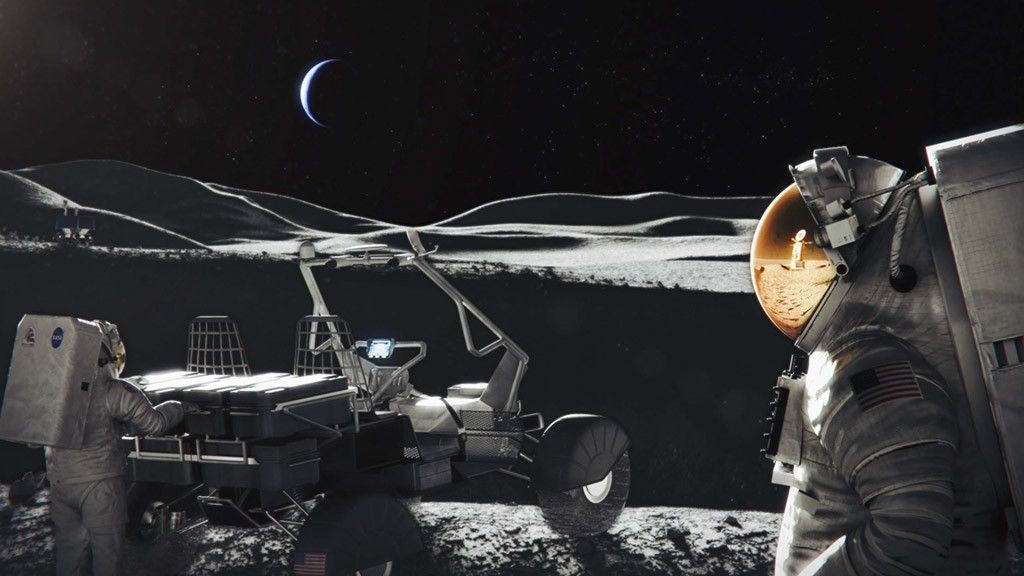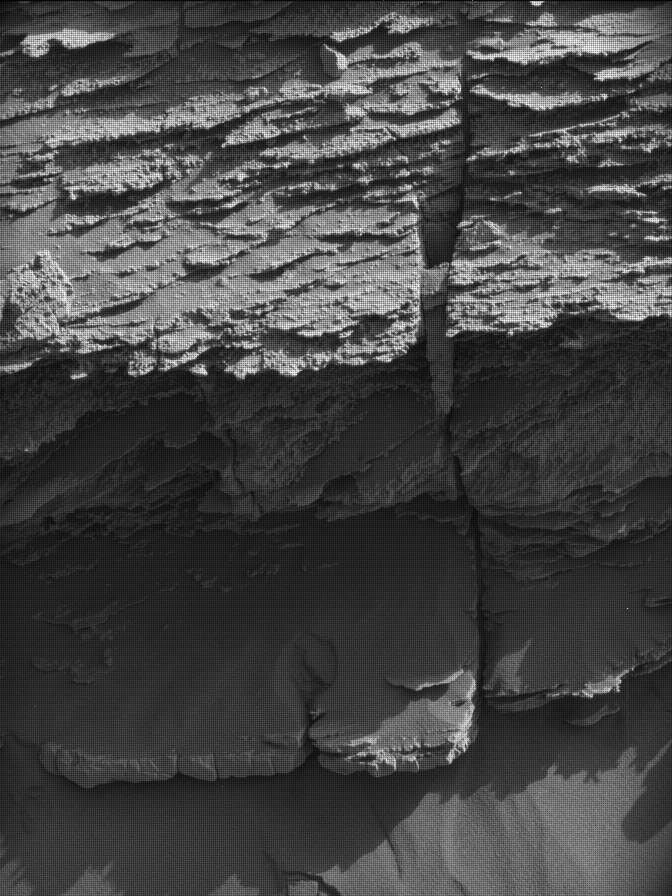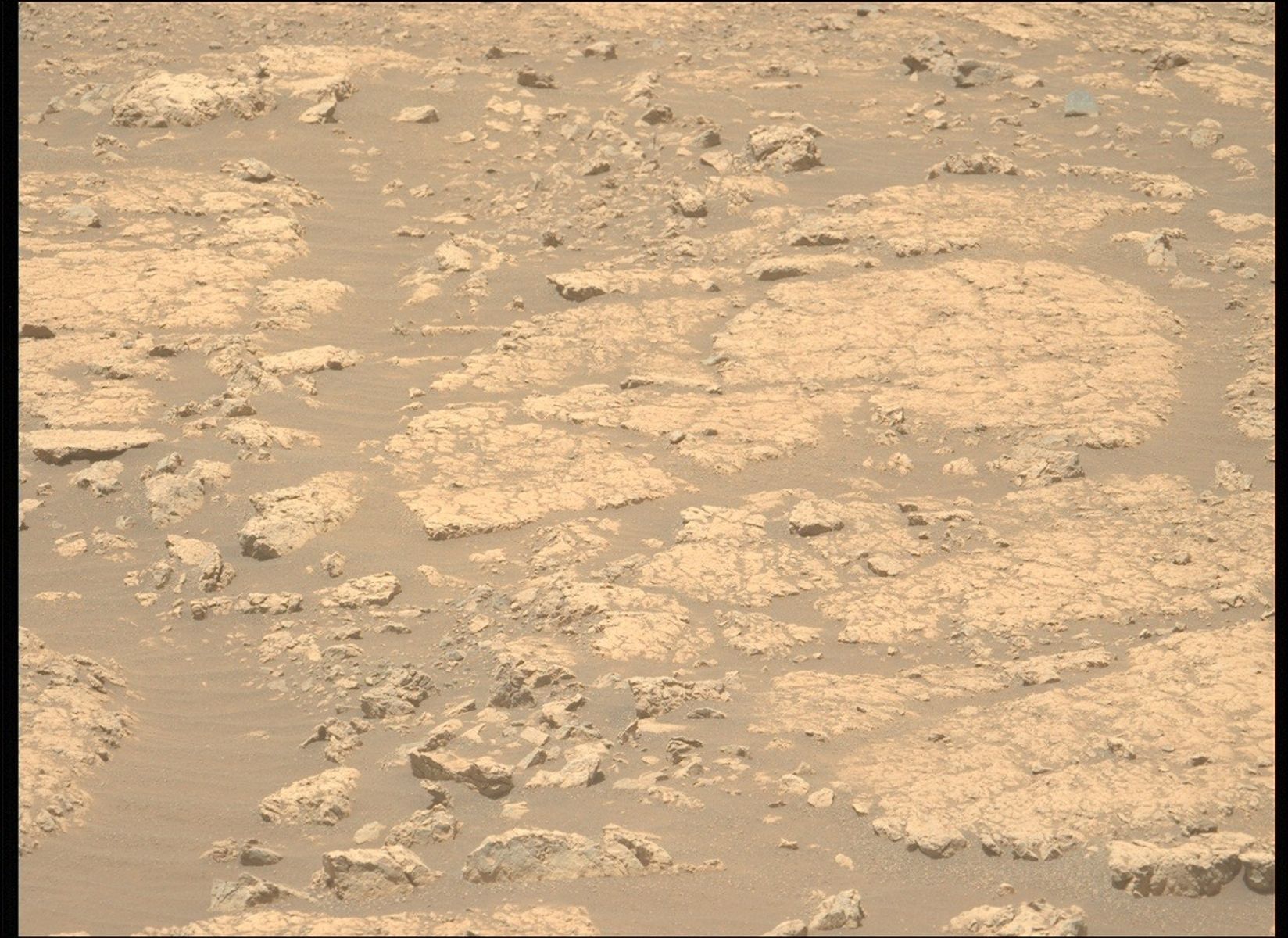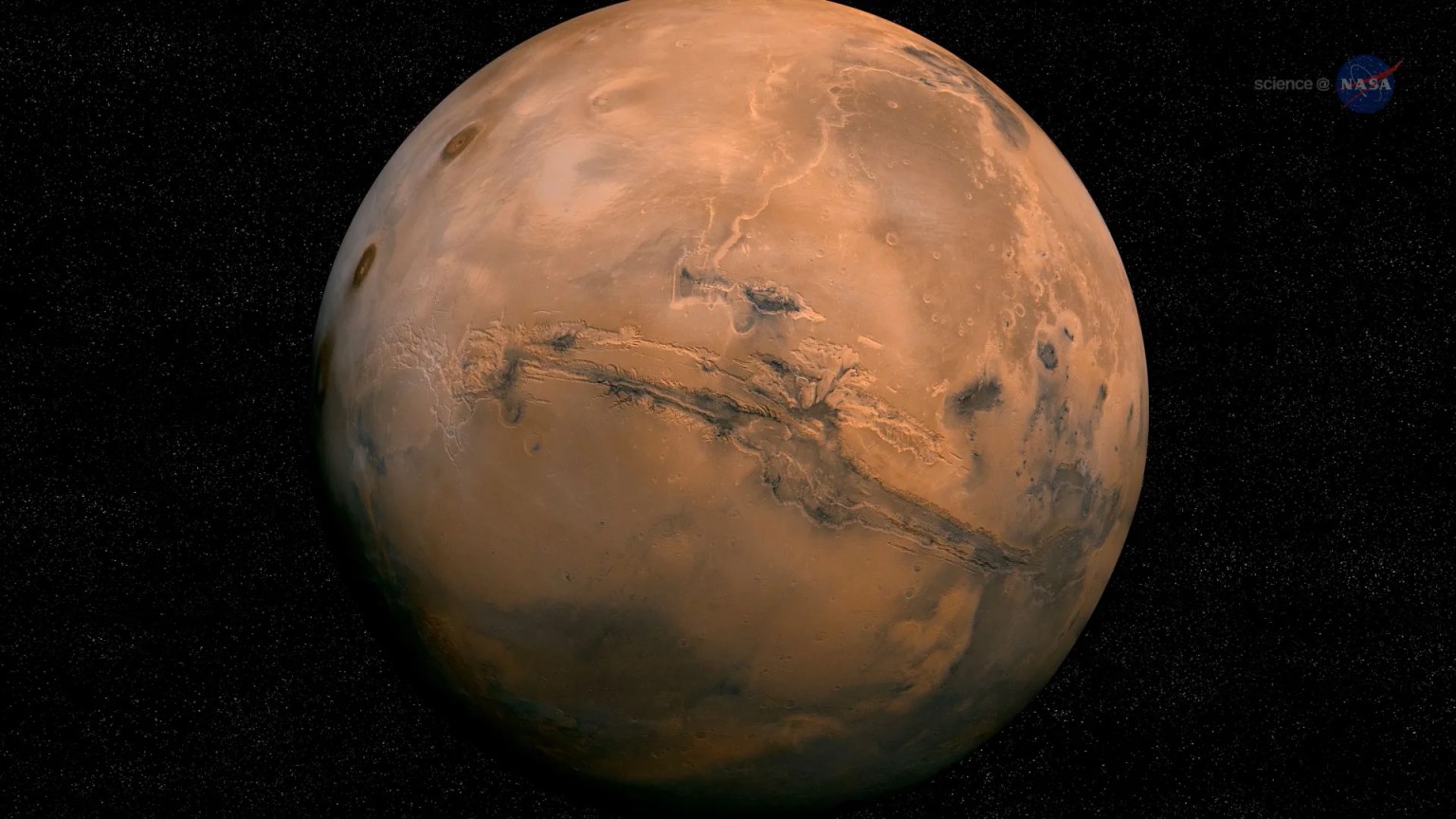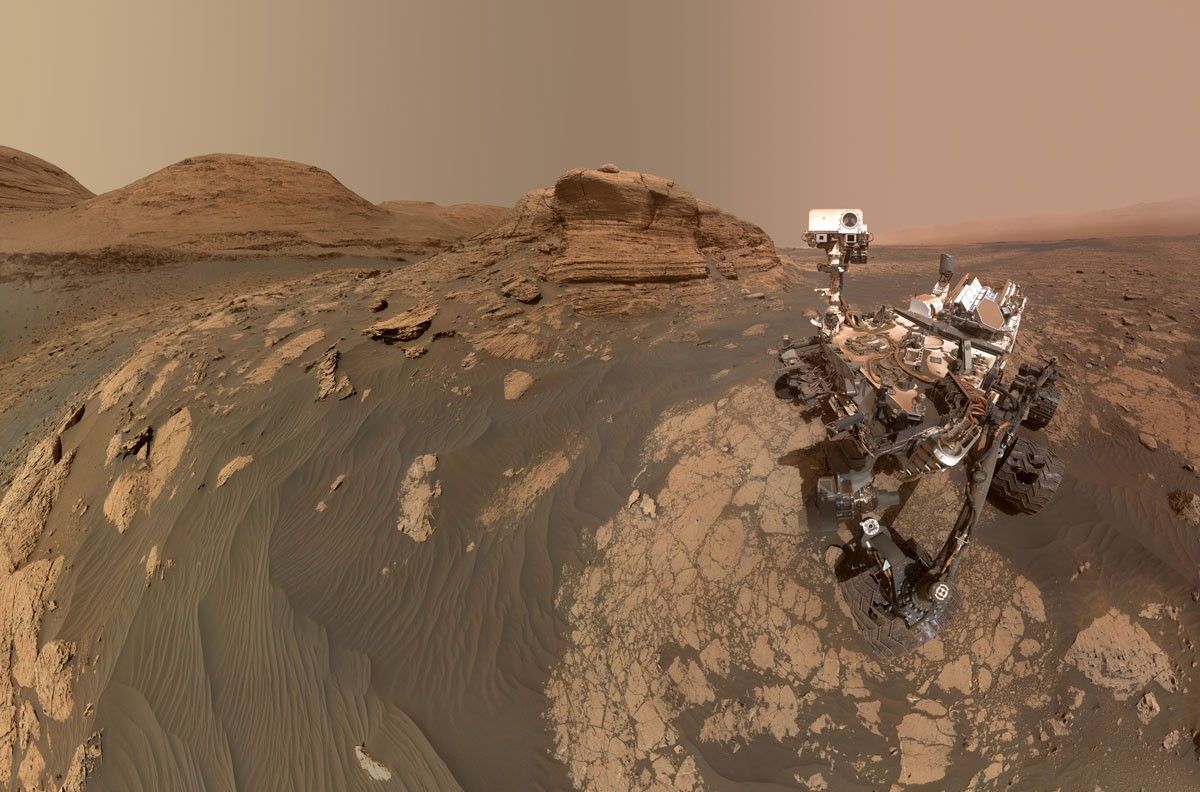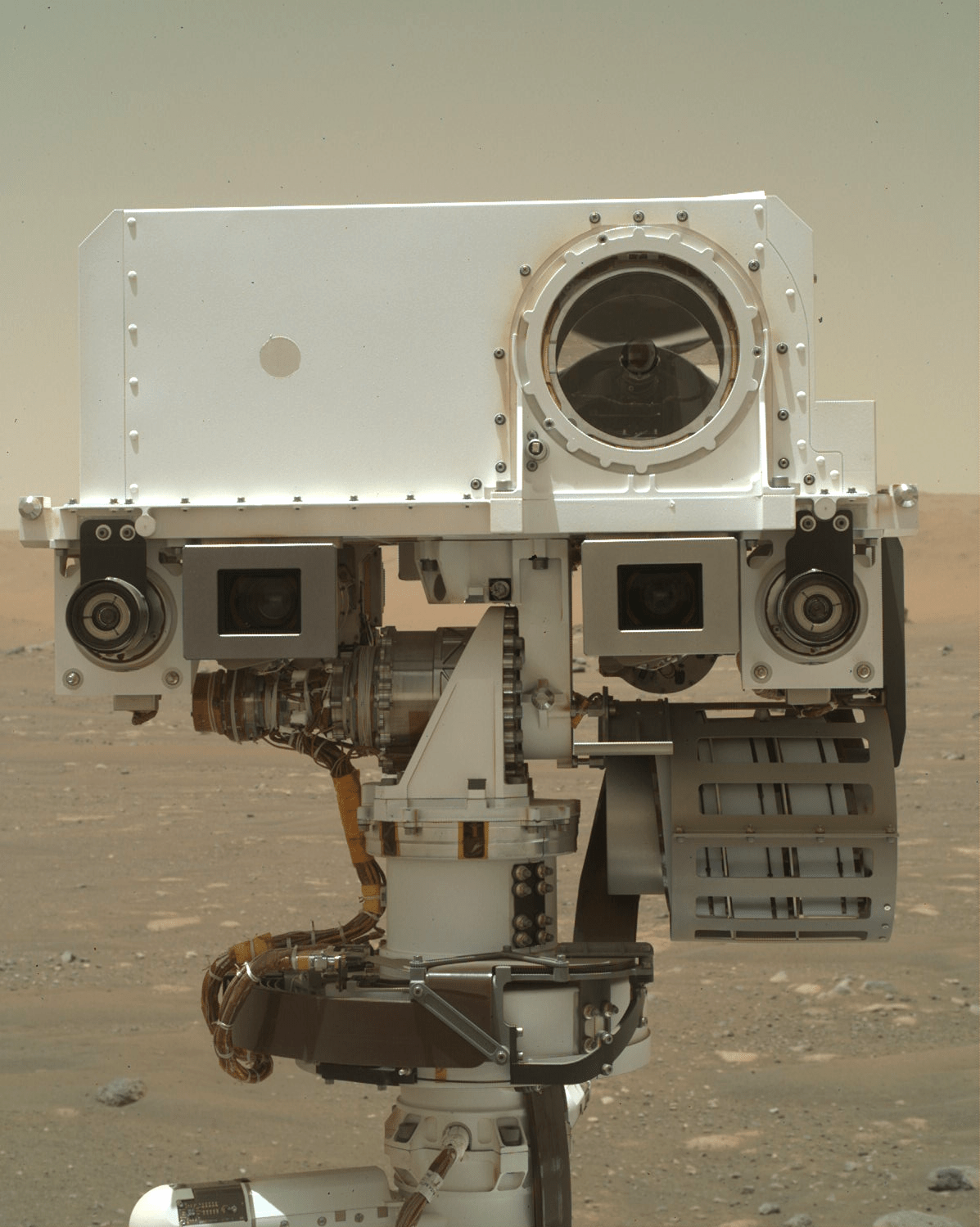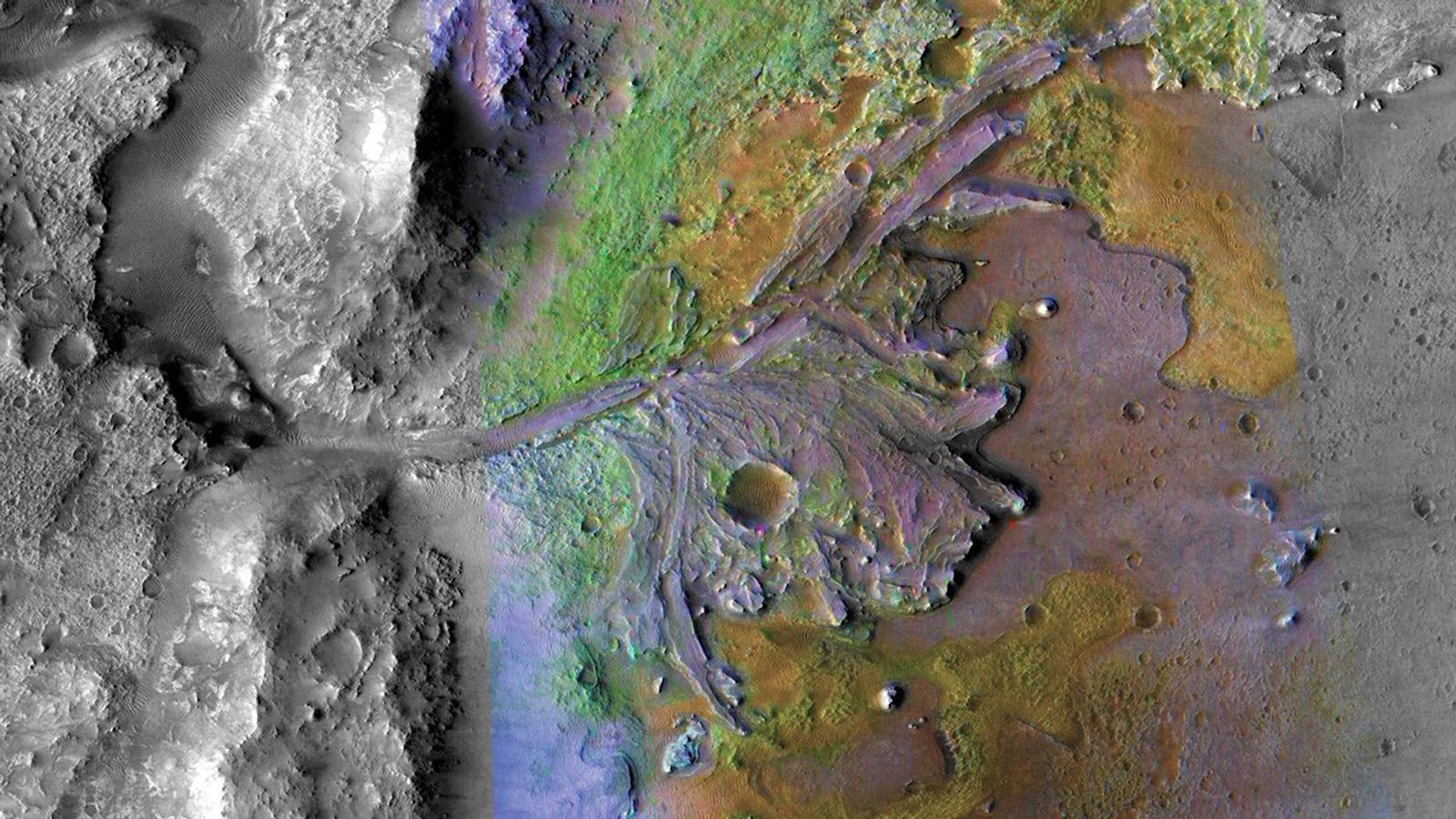Today was another day of fascinating science at the 8th International Conference on Mars! The theme
today was The first billion years and I was struck with the growing number of people suggesting that
Mars was never particularly warm or wet in its past. Bob Haberle gave a nice summary of the challenges
in coming up with a plausible way to get a thick enough atmosphere on early Mars for warm and wet
conditions, concluding that nobody has really figured out a way to do it despite decades of work on
the topic. There was a lot of discussion of the icy highlands hypothesis for the climate of early Mars,
which suggests that ice on Mars should be trapped at high elevations (in much the same way that snow
collects on the peaks of high mountains on Earth) and that rare melting of that ice caused the formation
of the water-related features that are observed on Mars. This is far from the only possibility though, and
the day was full of a lot of interesting discussion, trying to bring together the various lines of evidence to
figure out what Mars was like during its first billion years.
Curiosity completed a short 9.6 meter drive on sol 689 as expected. For Sol 690 uplink, there was limited
time for science but the team managed to fit a ChemCam observation of the target Reed before the
drive.
Dates of planned rover activities described in these reports are subject to change due to a variety of factors related to the Martian environment, communication relays and rover status.
Written by Ryan Anderson, Planetary Geologist at USGS Astrogeology Science Center


















